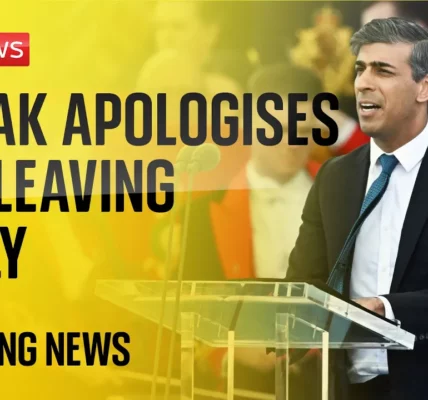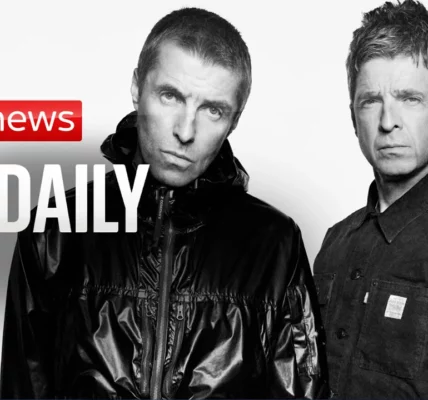This is the World: Yalda Hakim Live from Beirut

In this detailed report, we explore the escalating conflict between Israel and Hezbollah, the implications for Lebanon, and the international response to the ongoing crisis. As tensions rise, this article provides an in-depth analysis of the situation, featuring eyewitness accounts, expert commentary, and the latest developments from the region.
Introduction to the Current Crisis
The situation in the Middle East has reached a critical point with renewed hostilities between Israel and Hezbollah. The Israeli military has claimed responsibility for airstrikes in Beirut, resulting in significant casualties, including the deaths of several top Hezbollah commanders. This marks a significant escalation in a long-standing conflict, which has seen a surge in violence and military actions over the past few weeks. As the world watches, the implications of this conflict extend beyond the immediate region, affecting global security dynamics and humanitarian concerns.
Recent Developments
Recent days have witnessed a concerning escalation in military actions between Israel and Hezbollah. Following a series of explosive device attacks targeting Hezbollah members, Israel launched airstrikes that reportedly killed key figures within the organization.
The Airstrikes in Beirut
On a day marked by chaos, Israeli airstrikes targeted the southern suburbs of Beirut, a stronghold of Hezbollah. Among the casualties was Ibrahim Akil, a senior commander who had been on the U.S. most-wanted list for decades. The airstrikes have raised significant humanitarian concerns due to their impact on densely populated areas.
- Over a hundred rockets were launched by Hezbollah into Northern Israel in retaliation for the airstrikes.
- The Israeli Defense Forces (IDF) reported that many of these rockets were intercepted by the Iron Dome defense system.
- Casualties from the airstrikes included both military personnel and civilians, with reports of children among the dead.
International Reactions and Humanitarian Concerns
The ongoing conflict has drawn responses from various international bodies, notably during an emergency session of the UN Security Council. The humanitarian implications of the conflict are dire, with many civilians caught in the crossfire.
UN Security Council Meeting
The UN Security Council convened to address the escalating violence and to discuss potential measures to de-escalate tensions. The meeting highlighted the urgent need for a diplomatic solution to prevent further loss of life and to uphold international humanitarian law.
Humanitarian Impact
The airstrikes have exacerbated an already dire humanitarian situation in Lebanon. Hospitals are overwhelmed with casualties, and the infrastructure is under severe strain. The Lebanese Health Ministry has reported numerous injuries, including among children.
- Emergency services are stretched to their limits, struggling to provide care amidst ongoing violence.
- Many families have been displaced as a result of the conflict, further complicating the humanitarian response.
- Calls for international aid and support are growing louder as local resources become depleted.
The Role of Hezbollah and Israeli Strategy
Hezbollah’s military response has been significant, launching rockets into Northern Israel as part of their retaliatory measures. This section explores Hezbollah’s strategic position and Israel’s military objectives.
Hezbollah’s Military Actions
Hezbollah has stated that their recent military actions are a direct response to Israeli aggression. The group has emphasized their commitment to retaliate against any attacks on their leadership and infrastructure.
Israeli Military Strategy
Israel’s military strategy appears focused on eliminating key Hezbollah figures while maintaining a narrative of self-defense. This approach has drawn criticism for its impact on civilian populations.
- Targeting high-value Hezbollah leaders to undermine their operational capabilities.
- Utilizing advanced military technology to minimize collateral damage, although civilian casualties remain a concern.
- Maintaining a robust defensive posture to deter further attacks from Hezbollah.
Conclusion and Call to Action
The ongoing conflict between Israel and Hezbollah poses significant threats to regional stability and humanitarian welfare. As tensions escalate, it is crucial for the international community to intervene and promote a ceasefire to prevent further bloodshed. The situation remains precarious, with civilians bearing the brunt of military actions.
We urge readers to stay informed and support humanitarian efforts aimed at providing relief to those affected by the conflict. The need for peace and stability in the region has never been more urgent.
“`




